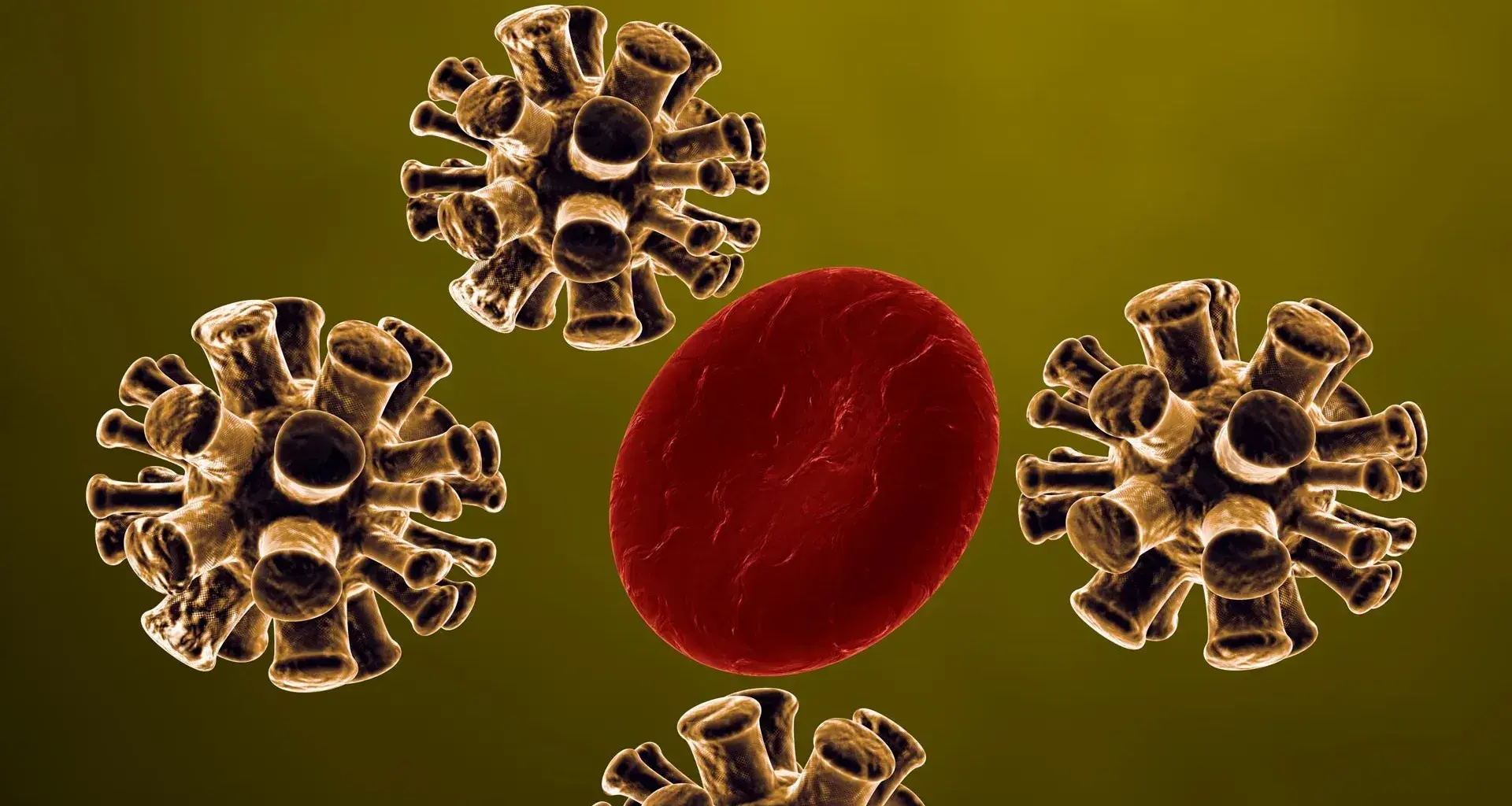How can the SARS-CoV2 coronavirus get into my body and how does it attack?
According to the World Health Organization, not everyone who gets infected will have symptoms of the COVID-19 disease and only 1 in 6 of those who get it will develop a serious illness.
“It’s very important to pay attention to your symptoms, as the key to preventing the rapid spread of COVID-19 is prompt detection and self-isolating if it’s suspected,” says Dr. Michel Martínez, head of the TecSalud Epidemiological Monitoring Unit.
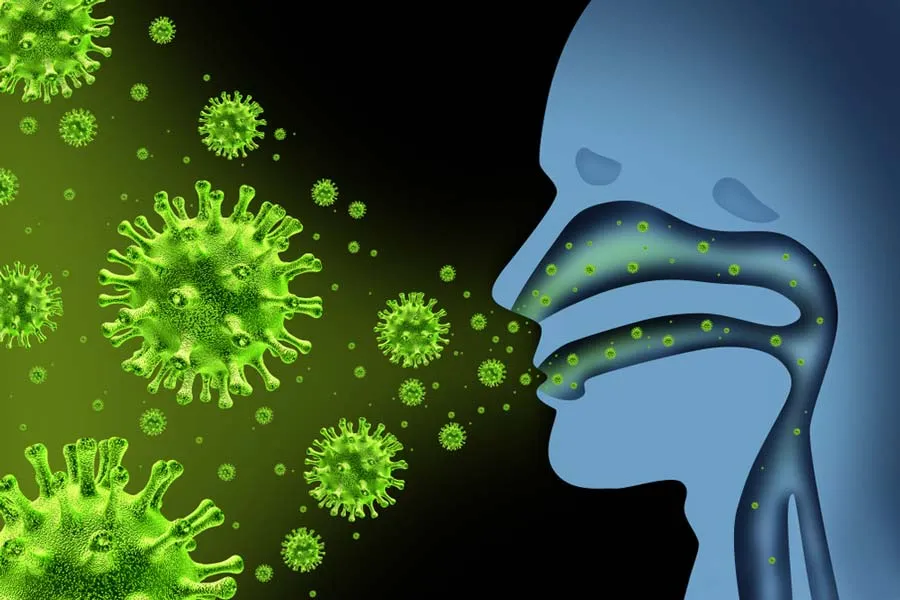
¿CÓMO ENTRA EL VIRUS A MI CUERPO?
Principalmente, por 3 vías: boca, nariz y ojos
HOW CAN THE VIRUS GET INTO MY BODY?
Chiefly, by 3 routes: the mouth, nose, and eyes.
HOW CAN IT GET INTO MY MOUTH, NOSE, OR EYES?
1.- From the “cloud” that comes out of other people’s noses and mouths.
This “cloud” of invisible micro-particles and visible droplets of saliva, as it has been termed by Dr. Hugo López-Gatell, the national government leader on the topic, leaves the body by:
- Breathing
- Talking
- Singing
- Coughing
- Sneezing
2.- From your hands when you touch contaminated objects
.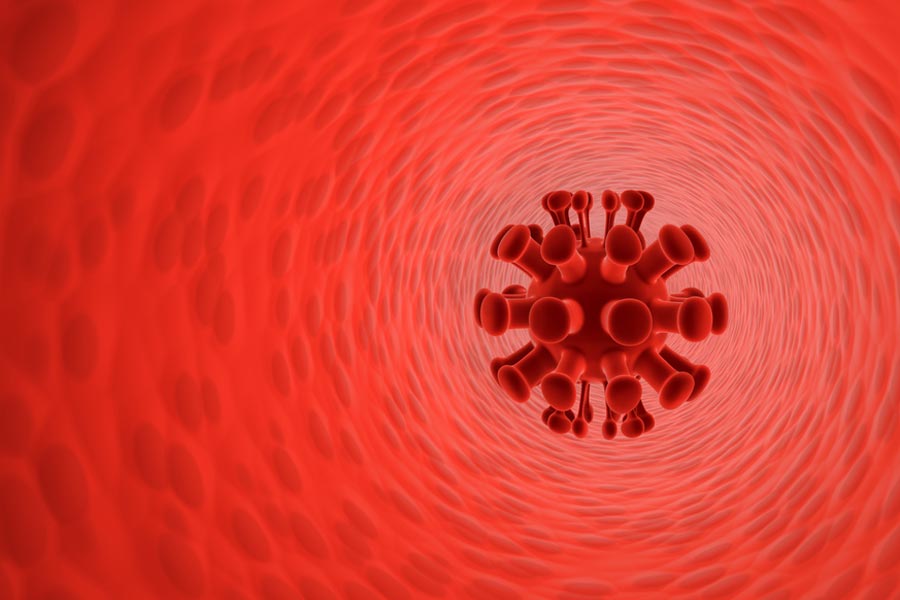
WHAT HAPPENS IF THE VIRUS IS ALREADY IN MY BODY?
- The virus looks for a cell it can live in.
The virus starts to invade the body’s cells by “hijacking them” to merge its fatty membrane with that of a cell and inject its ribonucleic acid (RNA).
- The virus starts to copy-paste, cloning itself in order to populate the neighborhood.
This causes millions of copies of the virus to be produced that are in turn released and invade other cells.
- The defenses react and attack.
Next, the body’s immune system responds and produces symptoms such as a fever as a defense mechanism. There may also be others such as a sore throat and coughing.
Symptoms appear between day 1 and 14 after infection; on average, the appear on days 5 and 6.
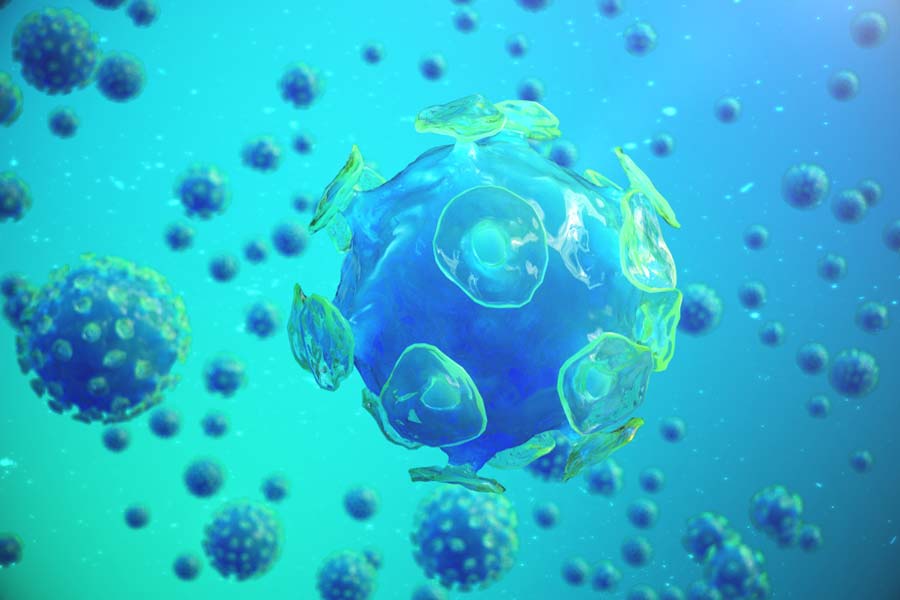
WHAT HAPPENS NEXT?
- The virus dies on its own in most cases.
In 80 to 85 percent of cases, the symptoms recede over time and, as there is not yet a specific antiviral for SARS-Cov2, medicine is usually given for the symptoms (headache, coughing, diarrhea, etc.).
- In some cases, the battle causes damage to the body.
In severe cases, there might be difficulty breathing, which appears when the immune system overreacts by attacking the lung cells as well.
This causes an obstruction of the lungs with fluid and dying cells, causing pneumonia, which in the most severe cases can cause death.
.
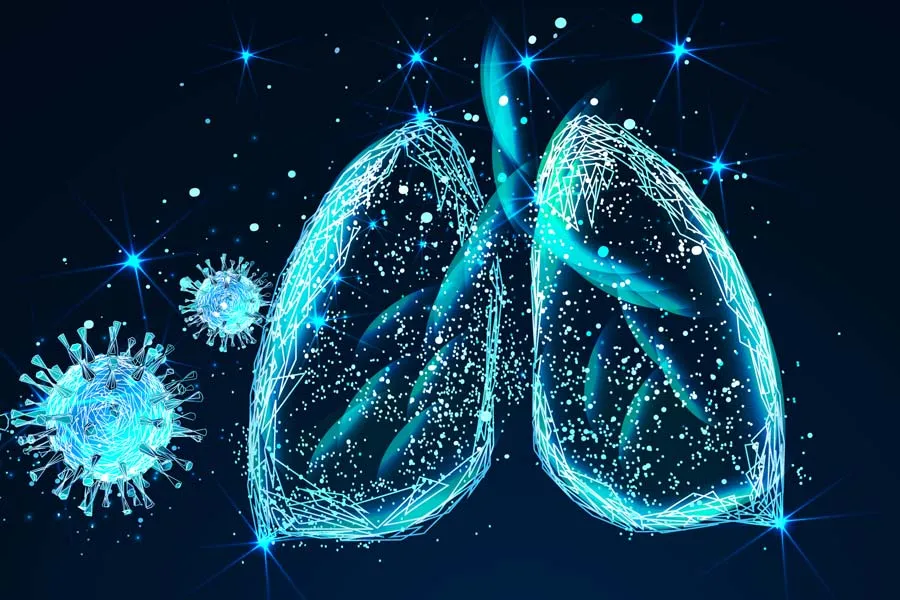
WHO’S MOST AT RISK?
People over 60 and those suffering from problems such as arterial hypertension, heart conditions, or diabetes have slightly higher chances of developing a serious illness.
Until now, 4% of the people in the world who have been recorded as having contracted the COVID-19 disease have died, but the vast majority have recovered.
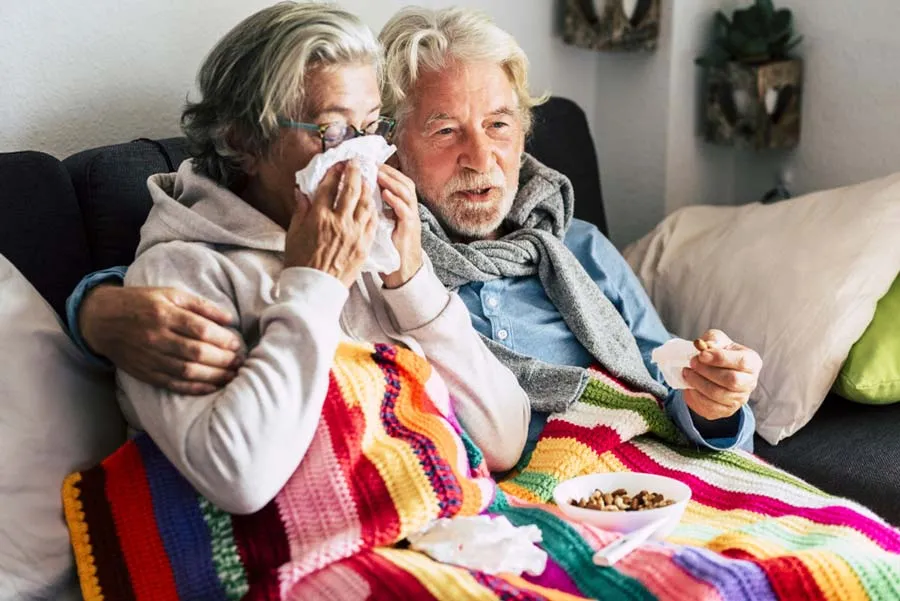
Tedros Ghebreyesus, Director of the WHO has warned that even young people can get sick.
“Young people are not invincible against COVID-19. The coronavirus could put you in hospital for weeks or even kill you,” he warned.
READ ALSO:

